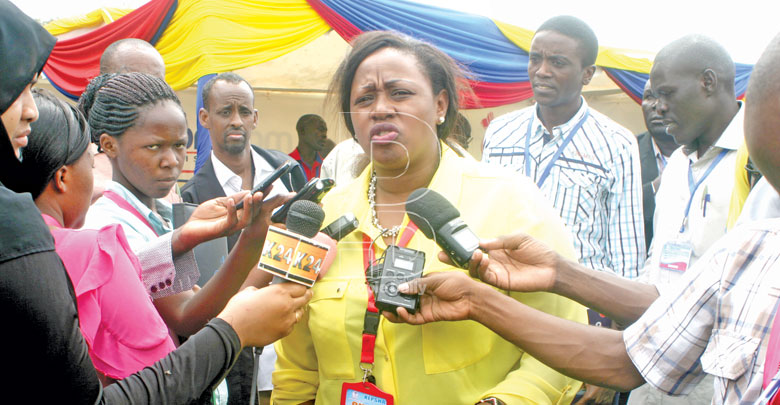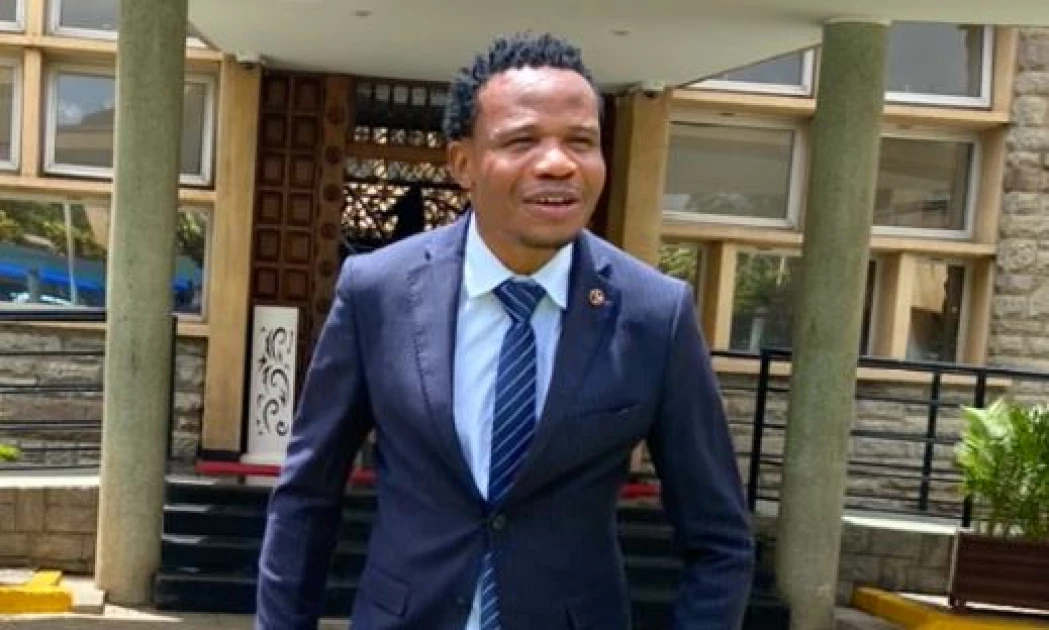Blood transfusion in Kenya has faced chronic funding shortages over the years, and relied almost entirely on donor support. This has resulted in the country being perennially short of blood, losing many lives that could have been saved.
Murang’a Woman Representative Sabina Wanjiru Chege, is set to introduce into Parliament a bill aimed at completely reforming the way Kenya collects and transfuses blood, de-linking it from donor dependence.
In an interview with Special Correspondent, PATRICK MWANGI, Sabina narrates her hopes for a bright future for the critical sector, and what the envisaged law hopes to achieve if enacted.
What are the challenges facing the national blood transfusion services in Kenya today?
The biggest problem is lack of legislation to guide the functions of the Kenya National Blood Transfusion Service (KNBTS). That on it’s own has resulted in-:
KNBTS operating in a limited way as a division within the Department of Diagnostics and Forensic Service (DDS) within the Ministry of Health, despite having a nationwide responsibility.
Limited funding from the government, and thus an over-reliance on donor funding to meet the high cost of producing blood. A self sustainabiity plan is needed.
Lack of clarity in the governance of national blood transfusion. Some county governments such as Kakamega have established their own independent blood transfusion services, contrary to the provisions of the Constitution and Executive Order No. 1 of 2018, which put the governance of blood under the national government. Running blood banks by county governments is likely to compromise the quality of blood, as testing, processing and storage standards may not be assured.
An inefficient national service, and thus an inability to ensure the availability of safe blood and blood products to mitigate unforeseen events whenever they happen, and in whichever part of the country they occur.
Why has KNBTS failed to meet the country’s blood needs?
The reasons include inadequate staff, and funding from the government. There is also a shortage of blood storage facilities in hospitals, as well as insufficient advocacy and public relations.
What do you hope the Kenya National Blood Transfusion Service Legislative bill that you are shepherding through Parliament will achieve?
It is targeted to achieve the following-:
Fulfill the requirements of section 85 of the Health Act, 2017, establishing the service.
It will enable the implementation of a national voluntary and non-remunerated blood donor system.
It will guarantee the availability of blood nationally.
It will provide for the collecting, testing, processing, storing, issuing, distributing and transfusing of blood and blood products.
It will provide for the disposal of condemned and waste blood.
It will contribute towards universal access to adequate and safe national blood supply on a not-for-profit basis.
Project the country’s blood needs based on national and international guidelines.
Ensure adequate, equitable and safe supply of blood and blood products
Mobilise, educate and sensitise potential blood donors to foster a culture of voluntary blood donation, and build and maintain a safe and sustainable national voluntary non-remunerated blood donor base.
Provide technical support to private, county governments, and referral hospitals best blood transfusion practices.
Oversee and conduct research on the area of blood and blood products.
What is the current status of the bill?
The bill has been endorsed by the Budget committee, which is critical for such a bill as it is a money bill (has implications for the Exchequer). It will then go for publishing, and thereafter be tabled in Parliament to follow the usual law making process.
Are you confident of marshalling necessary support to push the bill through both Houses?
Yes, because blood is a national good, and very critical for the good of this nation.
If the bill is enacted, what are the next steps?
It will then be sent to the Senate for debate as it affects one of the functions of county governments, that is, health. If it is then passed by the Senate, it will go to the President for assent. It will then be up to the Ministry of Health to ensure implementation of the Act, and creating the fully fledged KNBTS. Patrick Mwangi can be reached at [email protected]










